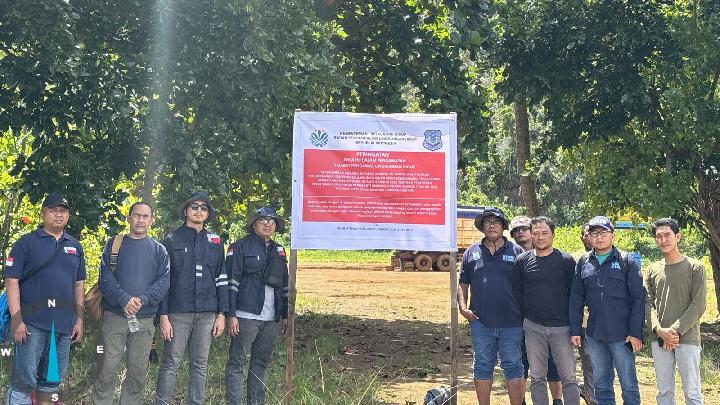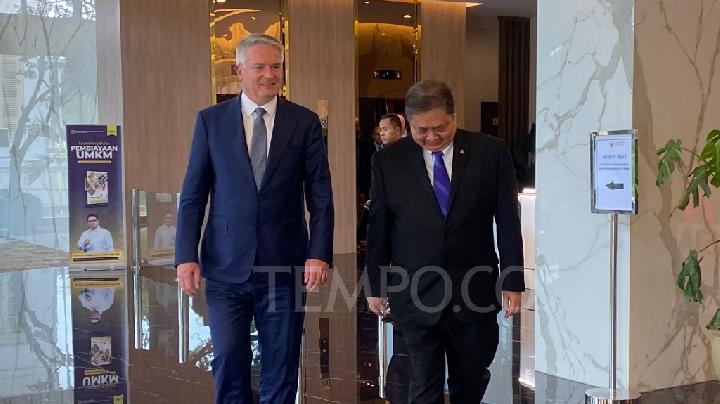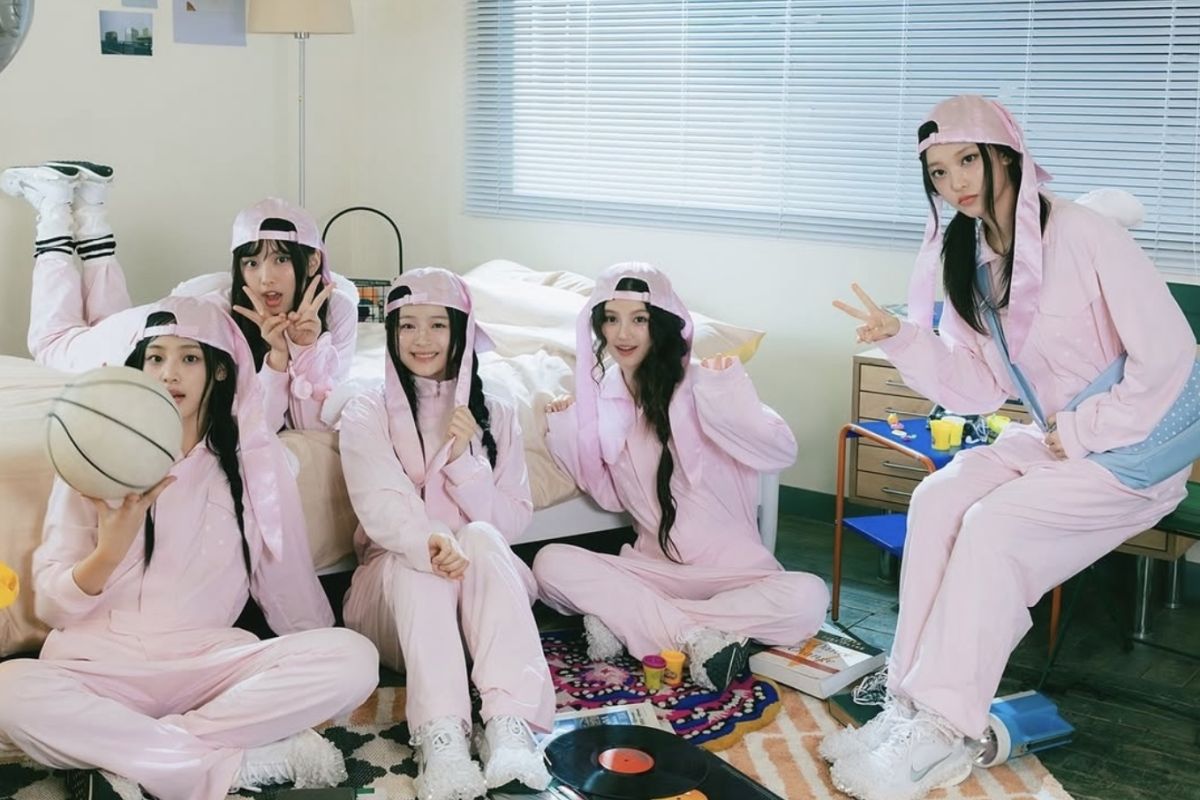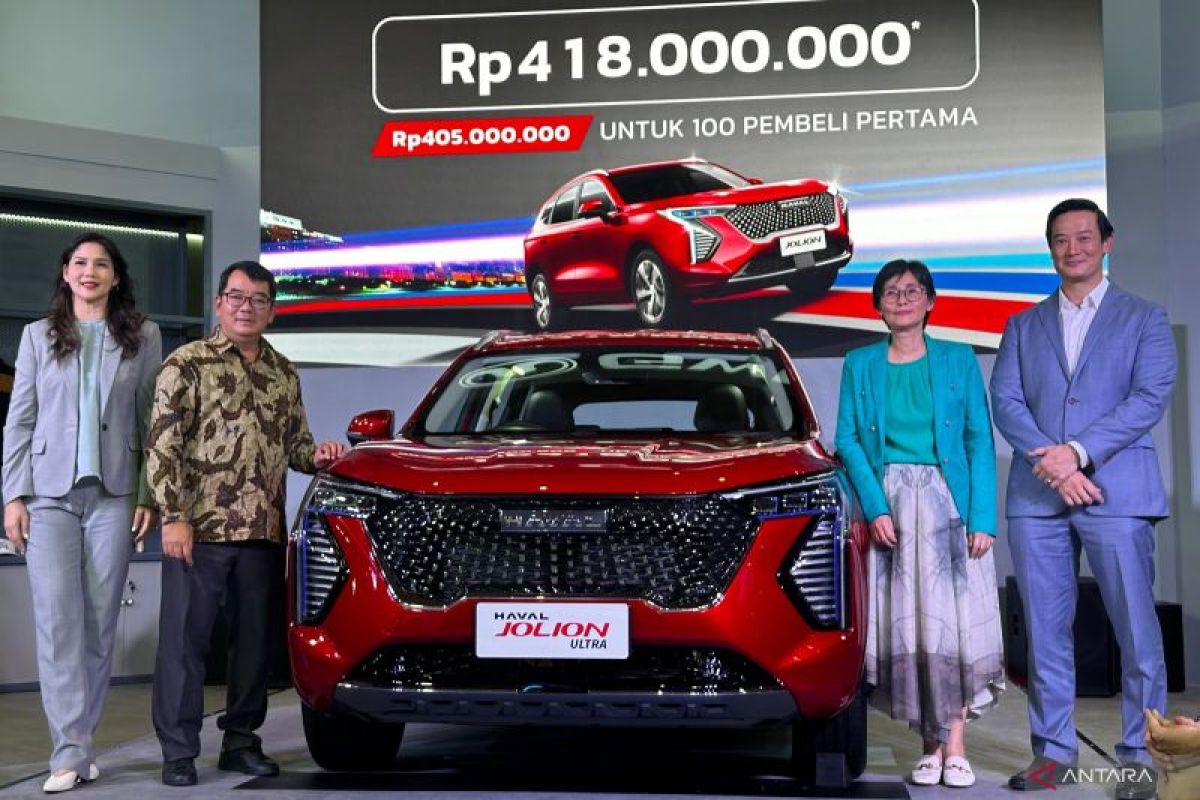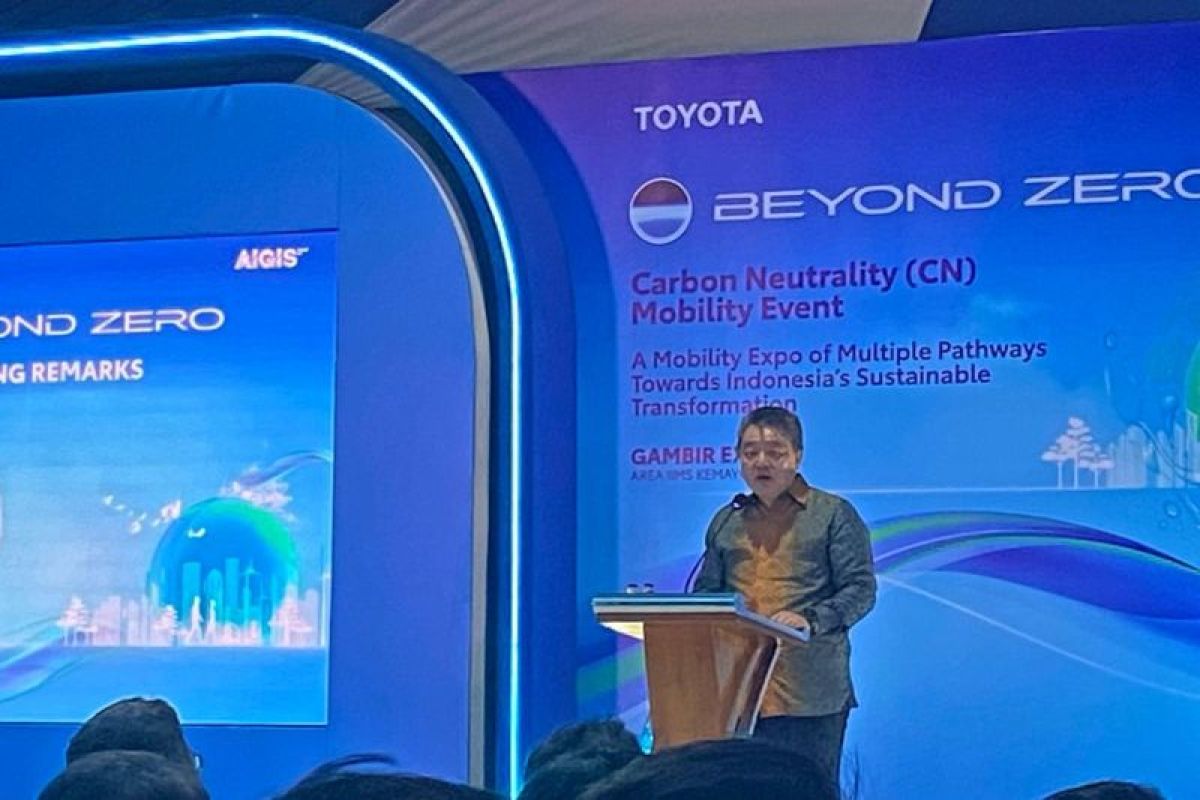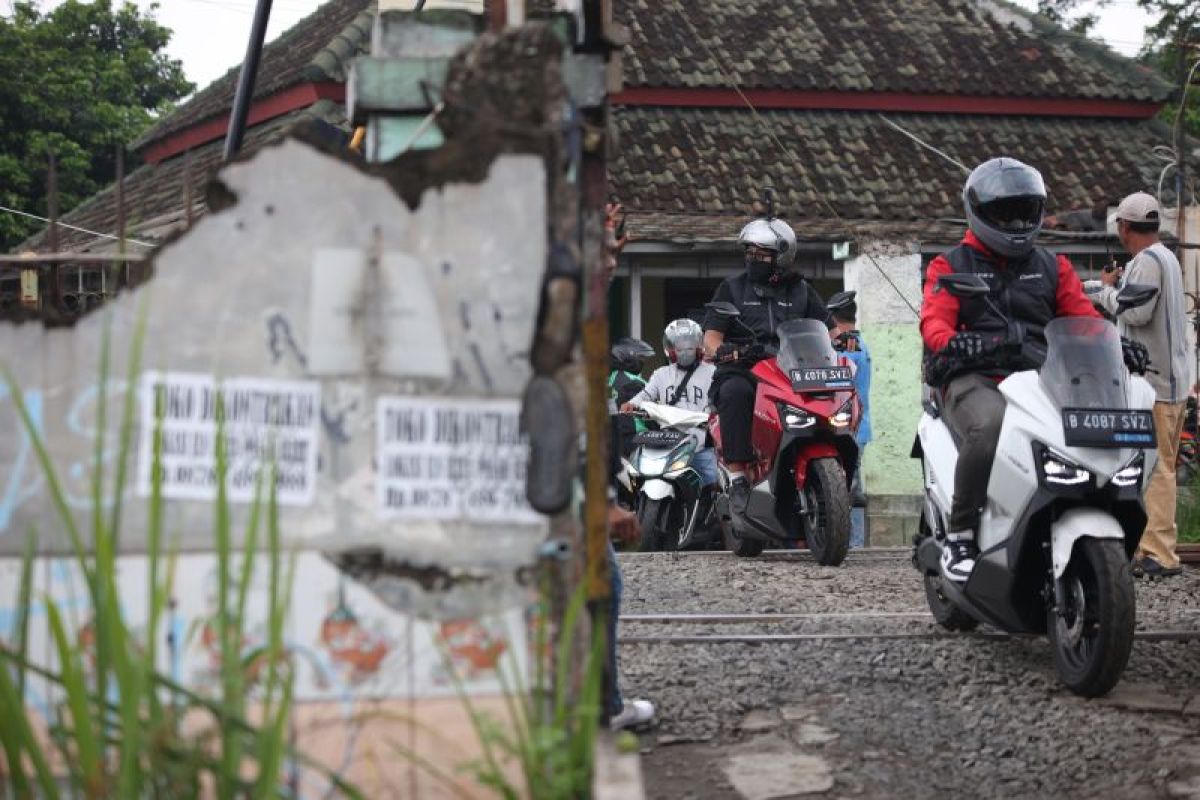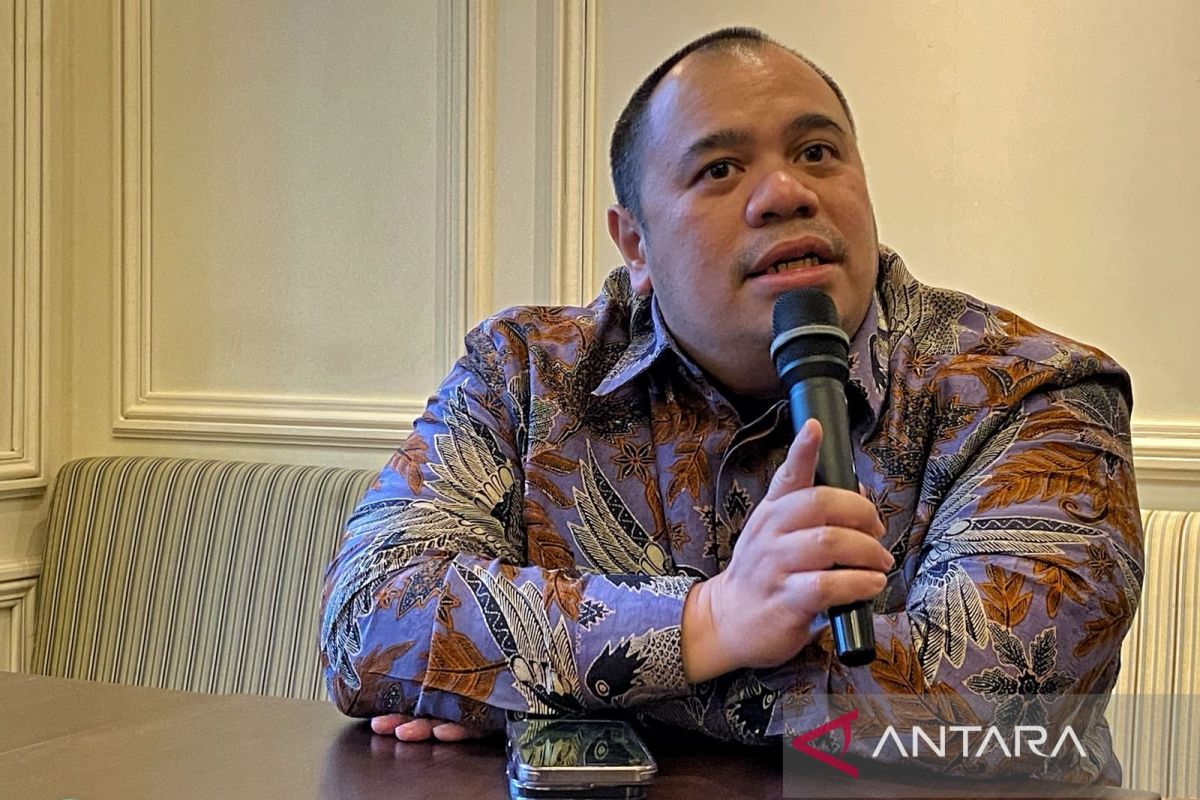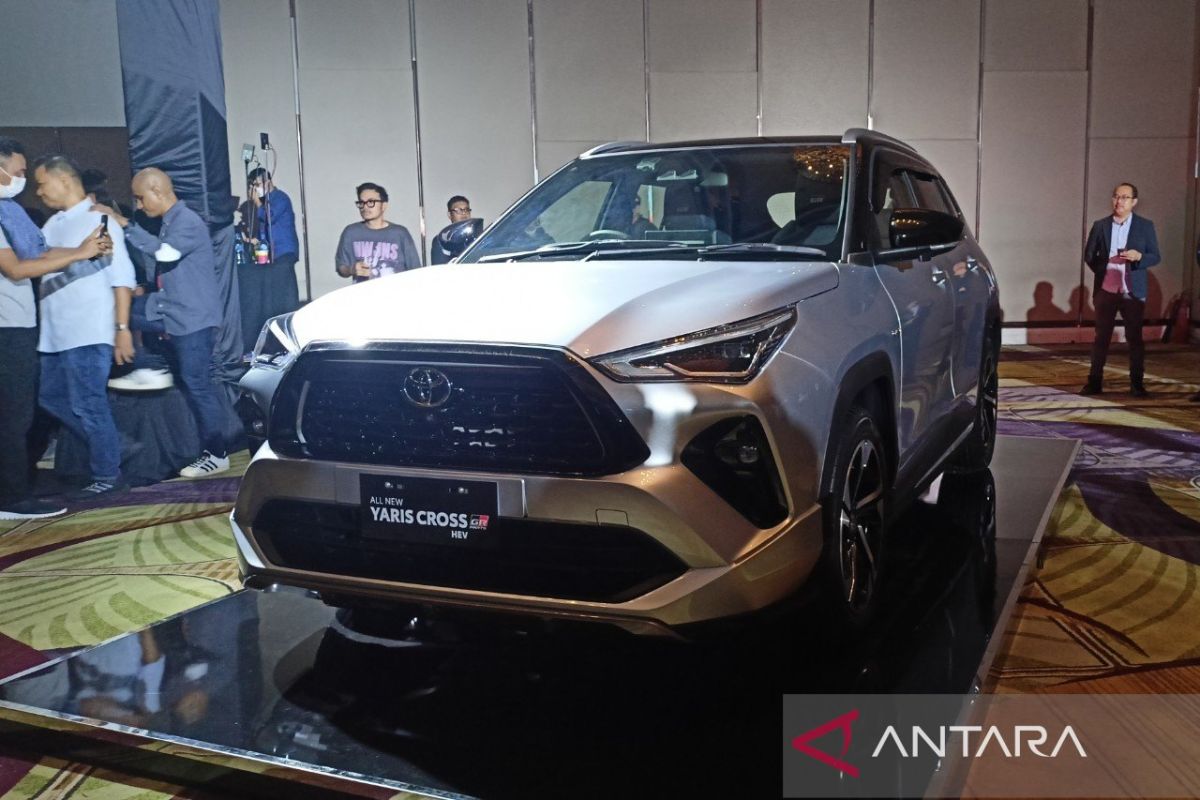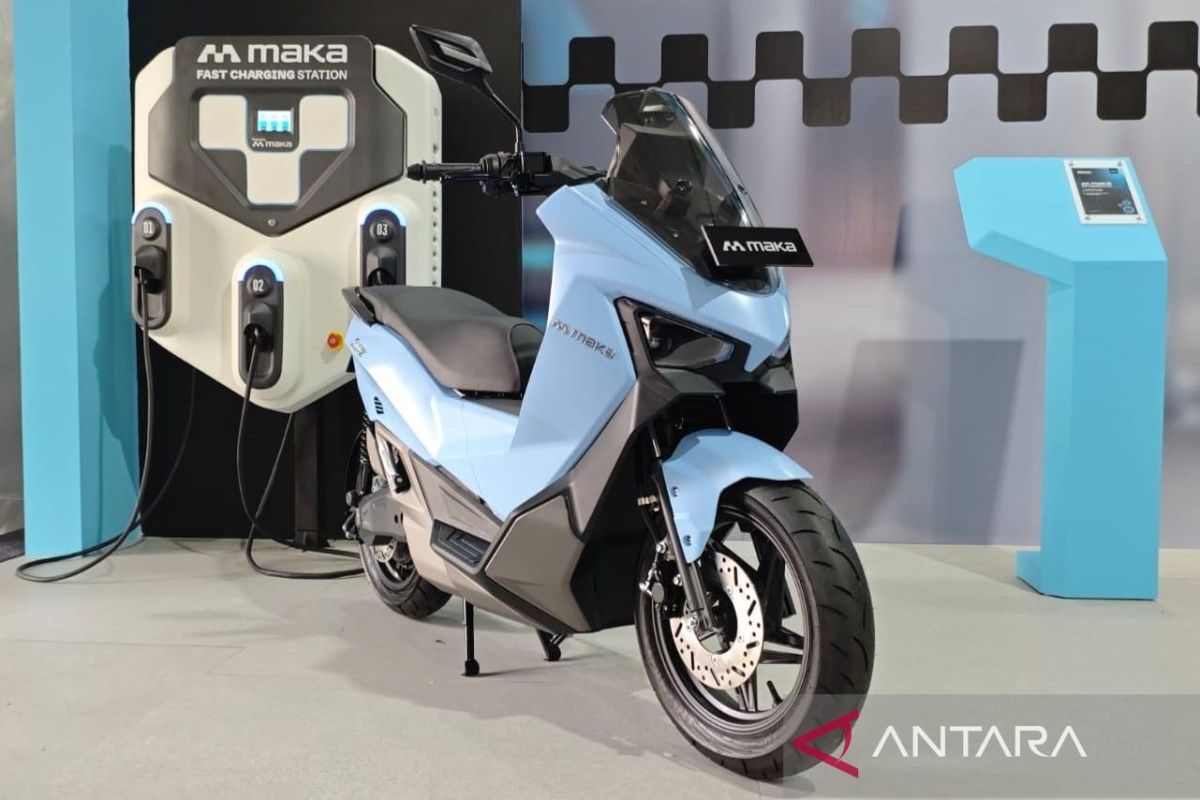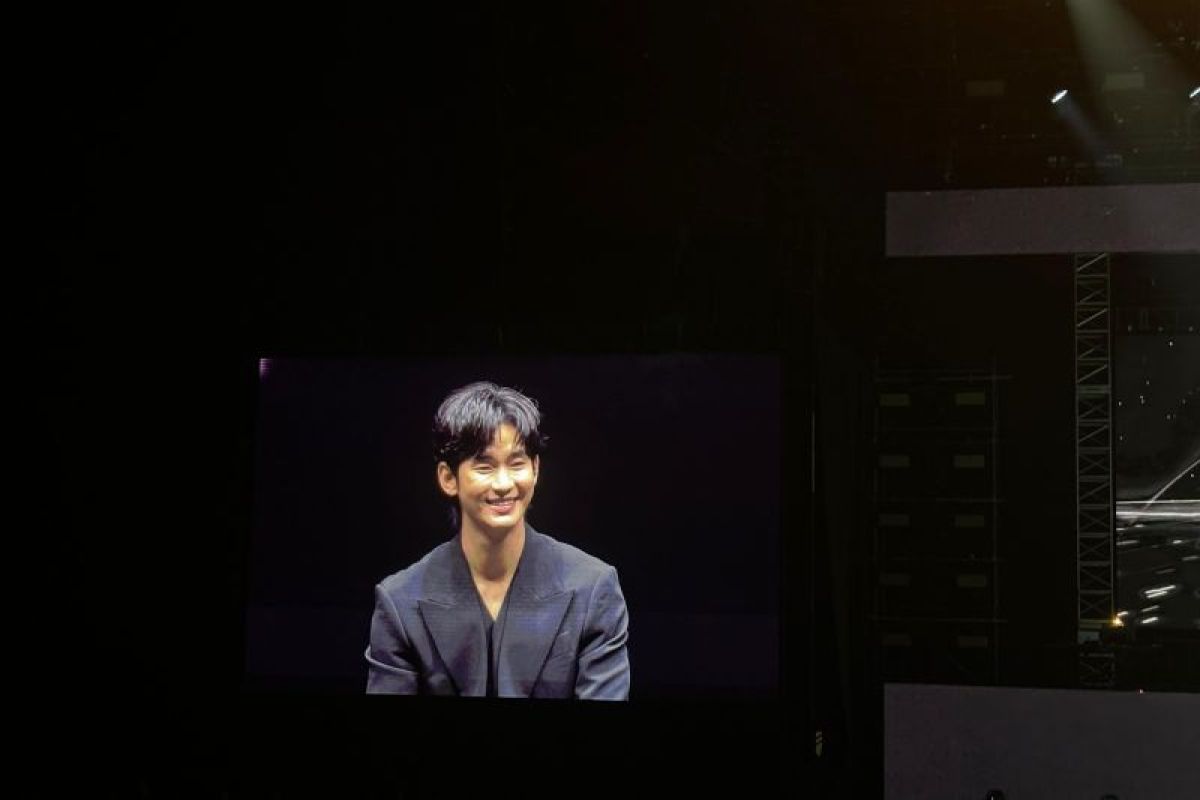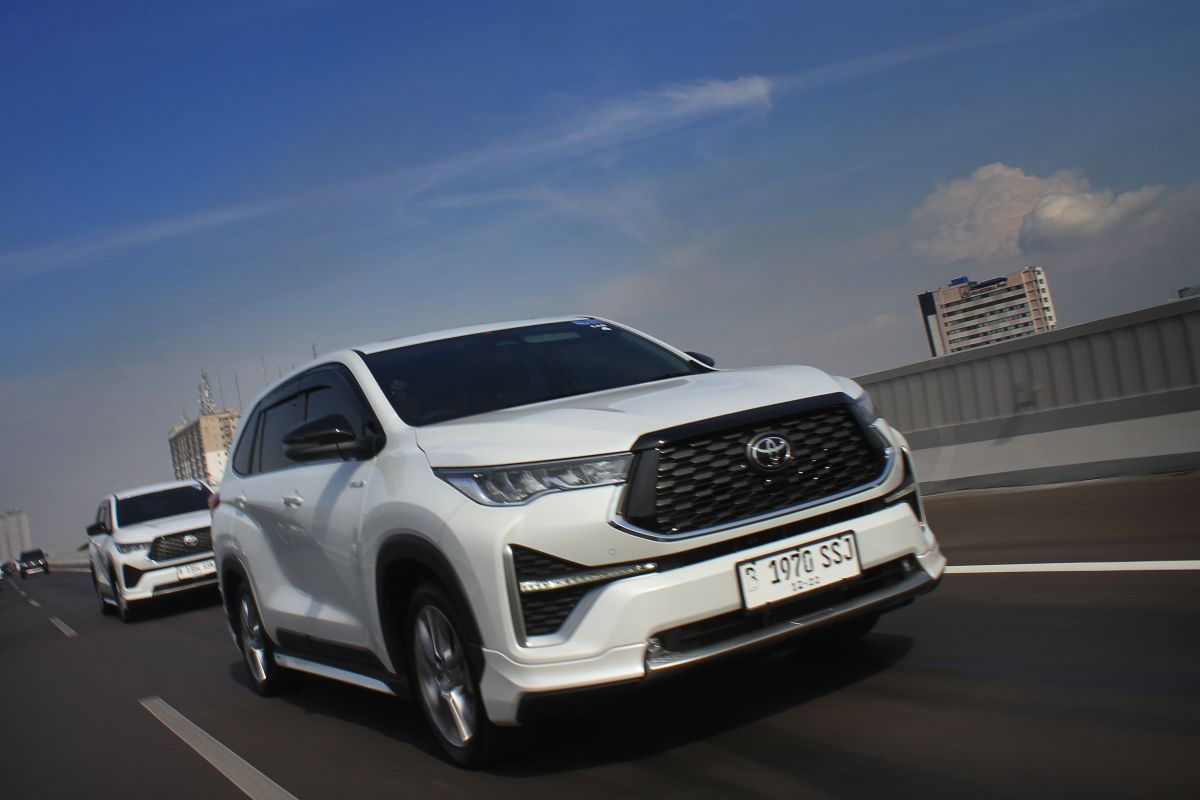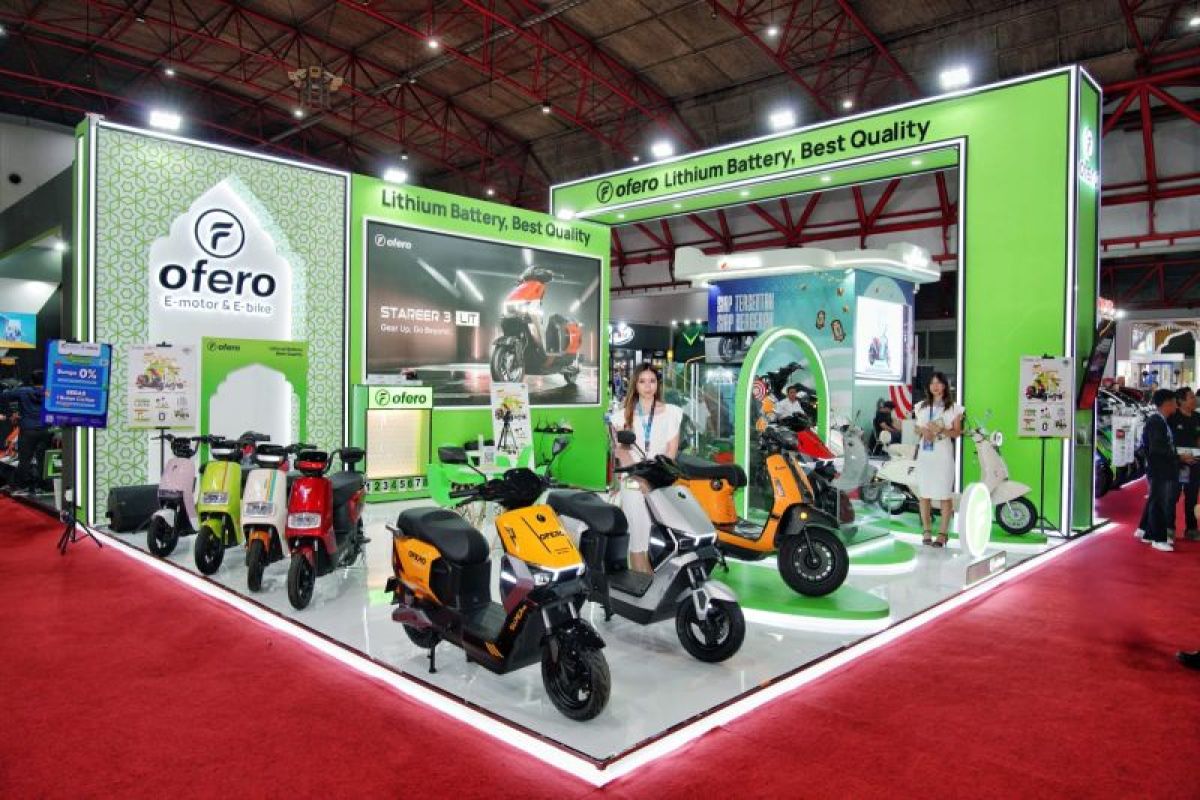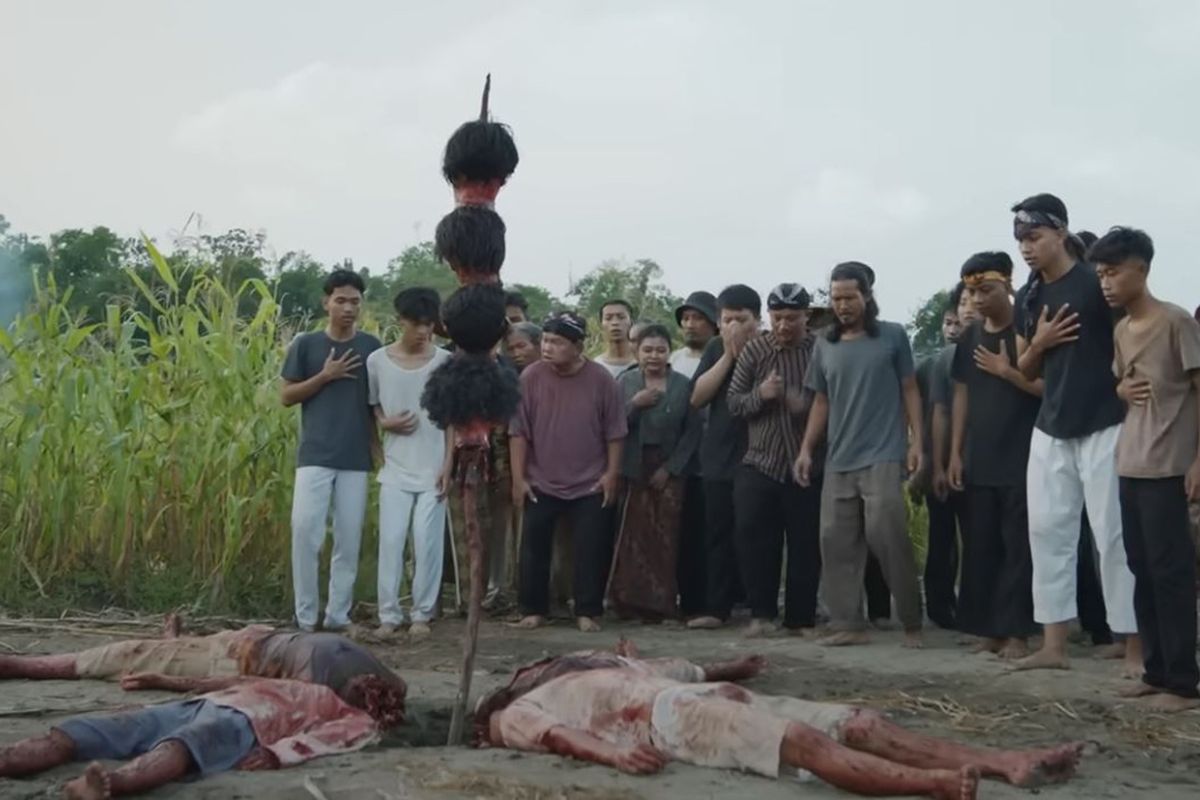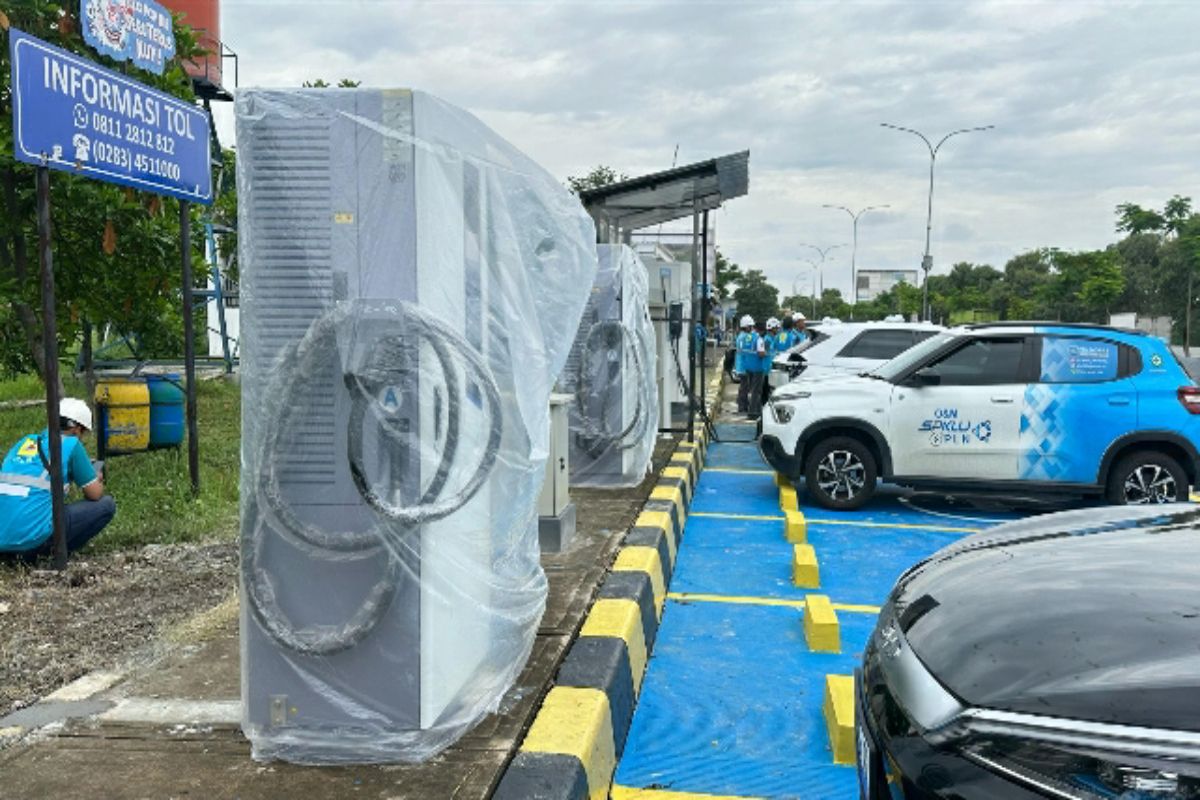TEMPO.CO, Jakarta - The election of Lee Jae Myung from the liberal Democratic Party of Korea (DPK) as president on Tuesday, June 3, 2025, marks the culmination of one of the most compelling political journeys in South Korean history.
Lee's path to the presidency has been shaped by personal hardship and mirrors South Korea’s broader transformation from extreme poverty to becoming a global economic power. Below is a profile of Lee Jae Myung, based on information from Al Jazeera and The Korea Times.
Born into Extreme Poverty
Lee Jae Myung was born in 1963 in a poor village in Andong, North Gyeongsang Province, as the fifth of seven children. His birth was officially registered in 1964 due to the high infant mortality rate at the time.
Lee grew up in deep poverty, even by the standards of that era. After elementary school, he moved to Seongnam in Gyeonggi Province and began working in a watch factory as a teenage laborer. He earned only 200 won a day (approximately Rp2,371), contributing to his family’s livelihood.
A workplace accident at age 15 left him permanently disabled in his left arm. Despite these challenges, Lee was determined to change his life. In a 2022 speech, he said, “Poverty is not a sin, but I was always particularly sensitive to the injustices I experienced because of poverty.”
Although he lacked access to formal education for years, Lee completed junior high and high school through self-study. In 1982, he won a scholarship to Chung-Ang University’s law faculty. Inspired by the 1980 Gwangju Uprising, he committed himself to social justice and advocacy for disadvantaged communities.
Legal and Political Career
Presidential Election Contest
After stepping down as governor, Lee ran as the Democratic Party’s candidate in the 2022 presidential election. He narrowly lost to Yoon Suk-yeol by a margin of just 0.73 percent, the smallest in South Korea’s electoral history.
In 2024, Lee led the Democratic Party to a strong showing in the parliamentary elections, securing 173 out of 300 seats in the National Assembly.
Following Yoon’s impeachment and removal from office after a brief military emergency declaration in December, Lee secured his party’s presidential nomination with nearly 90 percent of the vote, facing little internal opposition.
Leading up to the 2025 election, Lee consistently polled ahead of his main opponent, Kim Moon-soo of the conservative People Power Party. His win was ultimately decisive.
Challenges as President
As president, Lee has promised to prioritize economic development. His proposals include major investments in artificial intelligence, the implementation of a four-and-a-half-day work week, and tax incentives for parents based on the number of children they have.
In foreign policy, he aims to improve relations with North Korea while maintaining the Democratic Party’s emphasis on denuclearization. At the same time, he plans to uphold security ties with the United States without alienating China or Russia.
Although his party holds a legislative majority, Lee faces the daunting task of governing a country deeply divided after Yoon’s impeachment. His ability to unify a polarized society will be a key test of his leadership.
For Lee, winning the presidency after two previous failed attempts is a profound personal triumph. His story of resilience and perseverance resonates strongly with many South Koreans.
Controversies
Despite his political success, Lee's career has not been without controversy. In 2024, he survived a stabbing incident in Busan that nearly took his life.
He is currently entangled in five legal cases, including allegations of electoral law violations and breach of trust related to a land development scandal. Under South Korea’s constitution, a sitting president is immune from prosecution except in cases of treason or rebellion.
However, legal experts continue to debate whether this immunity covers proceedings initiated before a president assumes office.
To clarify this issue, the Democratic Party passed legislation last month stating that criminal cases involving a president-elect should be postponed until the end of their term.
Despite these legal uncertainties, Lee continues to enjoy strong public backing, especially among younger voters and working-class citizens who see their own struggles reflected in his background. His rise to the presidency embodies the hope and determination of ordinary Koreans striving for a more equitable society.
Editor's Choice: Lee Jae Myung Elected as New President of South Korea
Click here to get the latest news updates from Tempo on Google News











